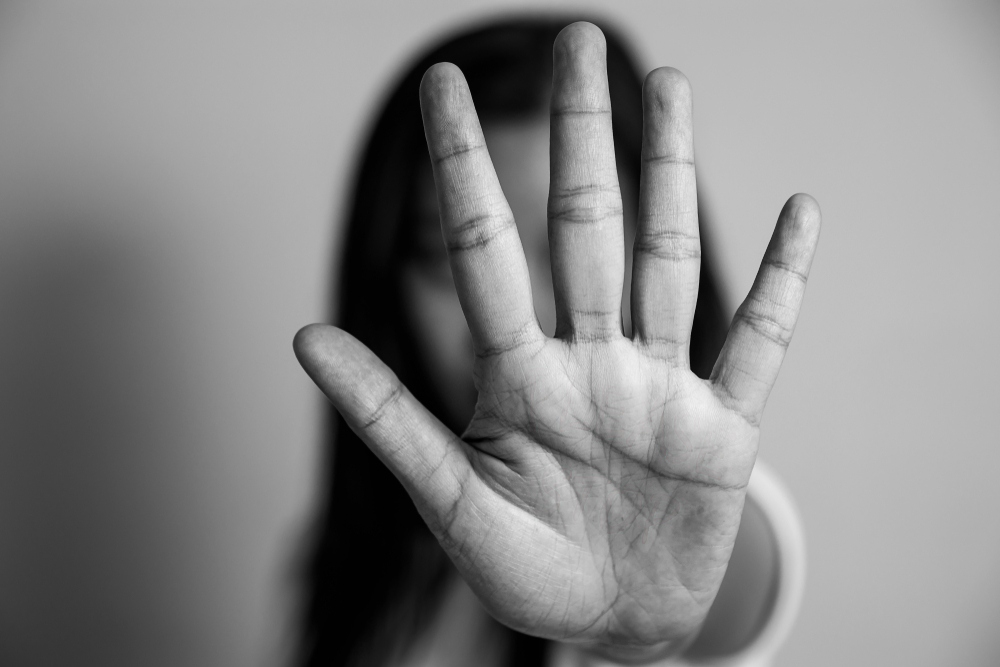
Understanding Sexual Abuse Claims
Survivors of sexual abuse can pursue civil lawsuits against abusers, institutions, or others who failed to prevent the abuse. Lawsuits can help obtain compensation for trauma, medical expenses, lost wages, and emotional suffering.
- Applies to abuse in schools, churches, workplaces, or homes
- Often involves long-term emotional and psychological impact
- Legal reforms now make it easier for survivors to seek justice
Am I Eligible to File a Lawsuit?
Survivor of Abuse
You experienced any form of sexual abuse or assault, regardless of how long ago it occurred.
Institutional Negligence
A school, religious group, employer, or other organization failed to prevent or report the abuse.
Family & Guardians
You are the legal guardian or family member filing on behalf of a minor or incapacitated survivor.
Frequently Asked Questions
What qualifies as sexual abuse in legal terms?
Sexual abuse includes any non-consensual sexual act or behavior. This can include harassment, assault, molestation, or exploitation, especially by someone in a position of power.
Can I file a lawsuit years after the abuse occurred?
Yes. Many states have extended or eliminated the statute of limitations for sexual abuse survivors, especially if new evidence or trauma surfaces.
Do I need proof to file a sexual abuse claim?
While evidence strengthens your case, experienced attorneys can help build a case based on your testimony, witnesses, and patterns of abuse.
Is my identity protected during the legal process?
Yes. Many courts allow survivors to file lawsuits anonymously or under pseudonyms to protect privacy and dignity.
